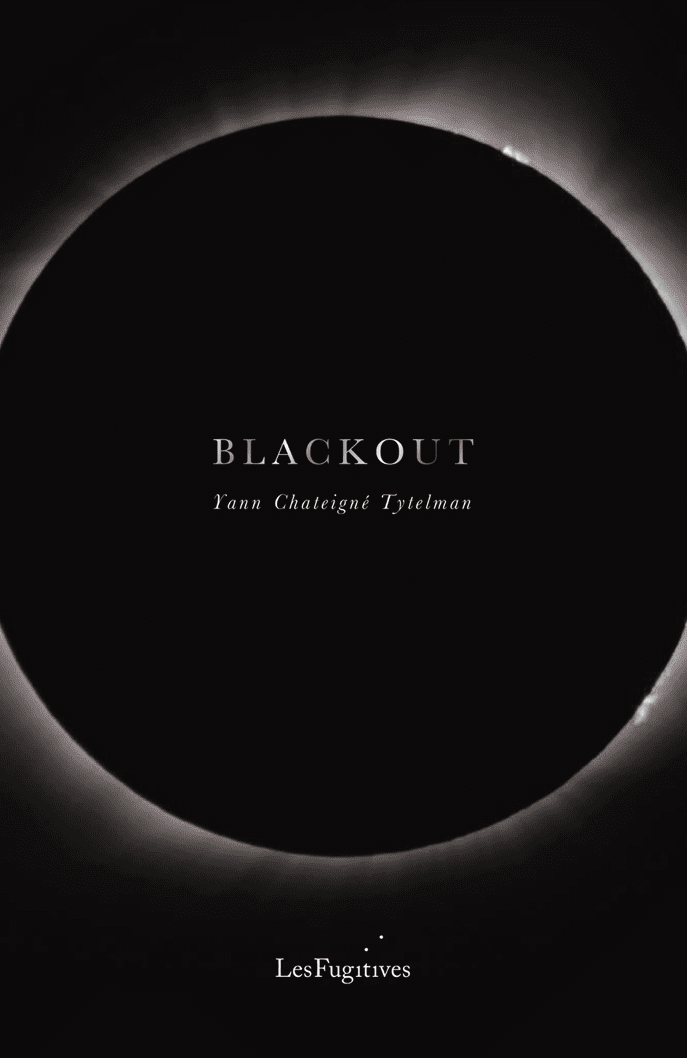
Eat Your Mind (paperback)
The first full-scale authorized biography of the pioneering experimental novelist Kathy Acker, one of the most original and controversial figures in 20th-century American literature.
Kathy Acker (1947–1997) was a rare and almost inconceivable a celebrity experimental writer. Twenty-five years after her death, she remains one of the most original, shocking, and controversial artists of her era. The author of visionary, transgressive novels like Blood and Guts in High School ; Empire of the Senses ; and Pussy, King of Pirates , Acker wrote obsessively about the treachery of love, the limitations of language, and the possibility of revolution.
She was notorious for her methods—collaging together texts stolen from other writers with her own diaries, sexual fantasies, and blunt political critique—as well as her appearance. With her punkish hairstyles, tattoos, and couture outfits, she looked like no other writer before or after. Her work was exceptionally prescient, taking up complicated conversations about gender, sex, capitalism, and colonialism that continue today.
Language: English







